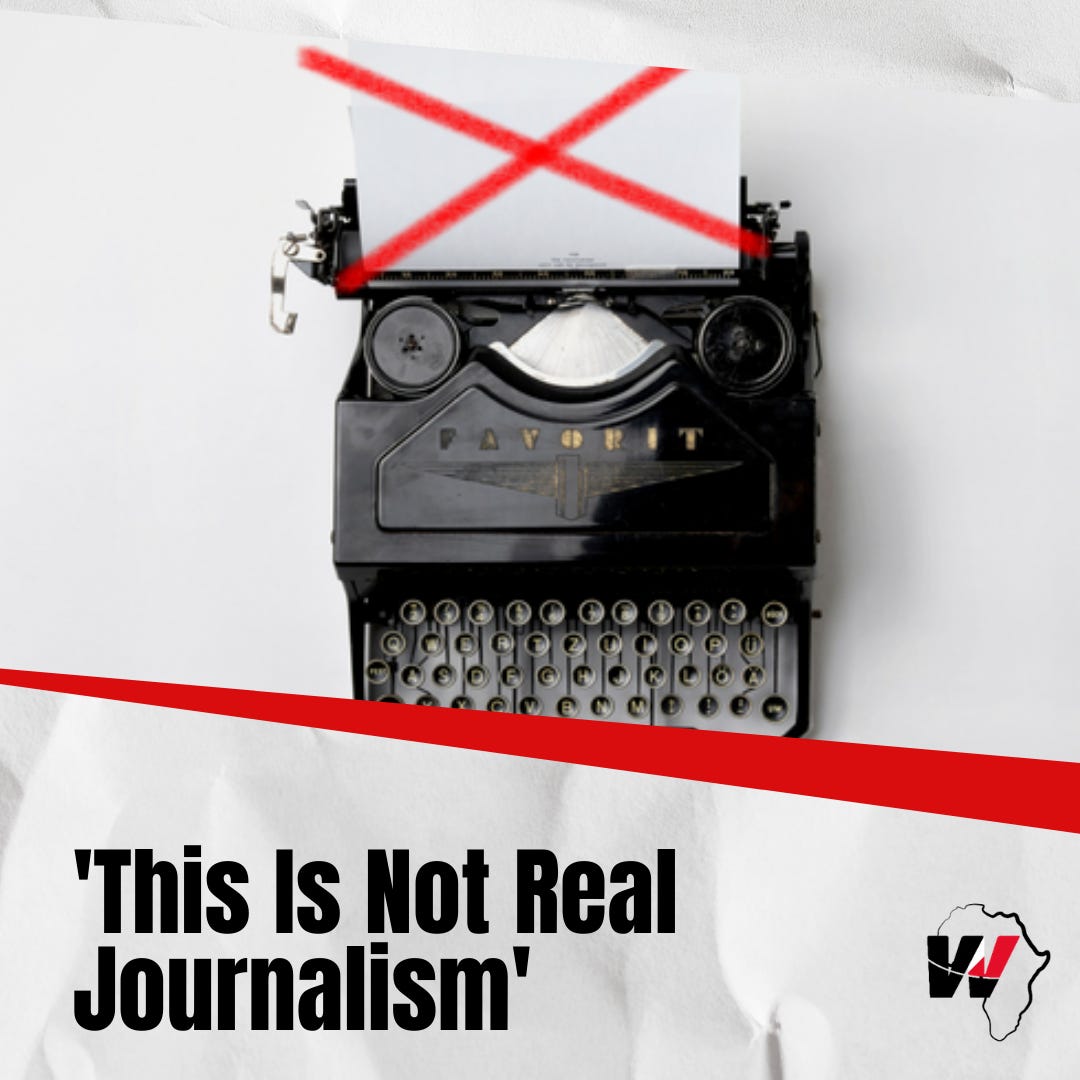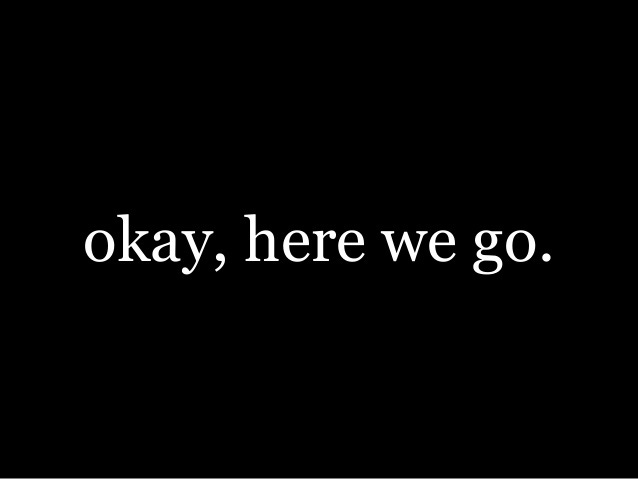"This is not Real Journalism"
How an angry writer and an American tech company are rewriting the rules of what West African journalism is allowed to look like.
“He’s not really a journalist.” “I don’t understand what kind of journalism this is.” “This is not how proper journalism is done.”
For years, I have had several variations of these comments thrown my way, both from people outside Nigeria’s media ecosystem and from some of my supposed colleagues within the system.
“Real” journalists apparently have a specific look, tone and style that is supposed to be milquetoast, middle-of-the-road and inoffensive, like a PwC consultant or a federal civil servant. A stylistically abrasive human being who digs up important stories and delivers them in such a way as to be the exact opposite of inoffensive and bland is apparently not what the word “journalist” evokes in the Nigerian public imagination.
“David Hundeyin is a Rude, Uncouth Sensationalist!”
Speaking about me, a Nigerian presidential spokesperson - himself formerly a journalist - said in 2020, “I don’t know what this person does, but it isn’t journalism.”
I have always found these comments halfway between funny and bewildering. You see, Nigeria is a country where the vast majority of its approximately 180 million residents have never experienced one week of uninterrupted power supply in their entire lives. To put that in perspective, such a milestone would fail to impress your average resident of Benin, Cameroon or Ghana.
Nigeria has had 60 years of relatively generous oil revenues as well as some of the world’s largest gas reserves. The failure to achieve something as simple as providing reliable electric power is difficult to quantify. It is now the country with the world’s largest population of people living in extreme poverty - even ahead of India, despite only having about one-seventh of India’s population.
The Nigeria I was born and raised in is a country where people are conditioned to think of their government and institutions of state as their enemies - a country where it is the police who regularly commit robbery and soldiers are known for world-leading levels of rape and very little else.
I have always wondered - Which part of Nigeria’s story exactly, is mild, inoffensive and comfortable for everyone? Every single time I ask this question, nobody ever volunteers an answer.
Because there is no answer.
Nigeria is violent. It is offensive. It is deadly - and boldly, unapologetically so. If one takes it upon oneself to tell the story of a place that is suitably described by these adjectives, then how, pray tell, should the story be told in a way that will be polite and comfortable to interact with?
West Africa Weekly Rewrites the Rules
When putting together the idea for a subscription-based publication that would tear into Nigerian and West African stories in my trademark manner, I did not prevaricate when deciding what voice to employ. West Africa Weekly is intended to be nothing if not bold. It will make you uncomfortable at times. You might find it rude. A few might even find it offensive - and no apologies will be offered or implied.
Think of West Africa Weekly as what would happen if Zerohedge, Peoples Gazette and The Intercept had a threesome in Lagos, with Kenya’s John Allan Namu and Ghana’s Anas Aremeyaw watching keenly and sharing a giant spliff. As that mental image may suggest, this publication will have a lot going on. The thing it will never, ever do, is bore you - there is no milquetoast here.
At heart, I believe that journalism is a subset of storytelling. A decade ago, David Kennedy, my Creative Writing instructor at the University of Hull told me, "In storytelling, always show, don't tell." I believe that there are few things on this planet more powerful than a well-told story. This is why power finds storytelling uncomfortable and tries to muzzle it. This is why I am in political exile and under asylum protection because power threatens my physical safety.
Over the course of my career, I have told stories. Stories that are provocative. Stories that do not leave you with a warm feeling in your stomach. Stories that are offensive. Stories that come out at great personal risk and cost. Stories that just may shift the needle and change the world one small result at a time. There have been stories about abuse of power. Stories about corporate excess and malfeasance. Stories about legislative attempts to abrogate civil rights. Stories about state-sanctioned religious extremism and terror. Stories about criminal conspiracies involving agents of the state.
While that is my job as an investigative journalist, I have been pushing the metaphorical boulder up the proverbial hill through this period. Now, thanks to the Substack Local program, the boulder is now at the top of the hill and ready to tumble down. While much of the content on West Africa Weekly will be available for free, a lot more will be exclusively available to paying subscribers. There’s even a nice baked-in discount for subscribers who go for a year upfront.
There are stories just itching to be told, and I am very proud and excited to launch my first publication with help from Substack Local. This will be fun!







Congratulations for this feat, we're anxious to read facts reports not some cook up information we're fed with.
My take is ' Nigerians are not conditioned to think the government is their enemy', the government is the ENEMY.